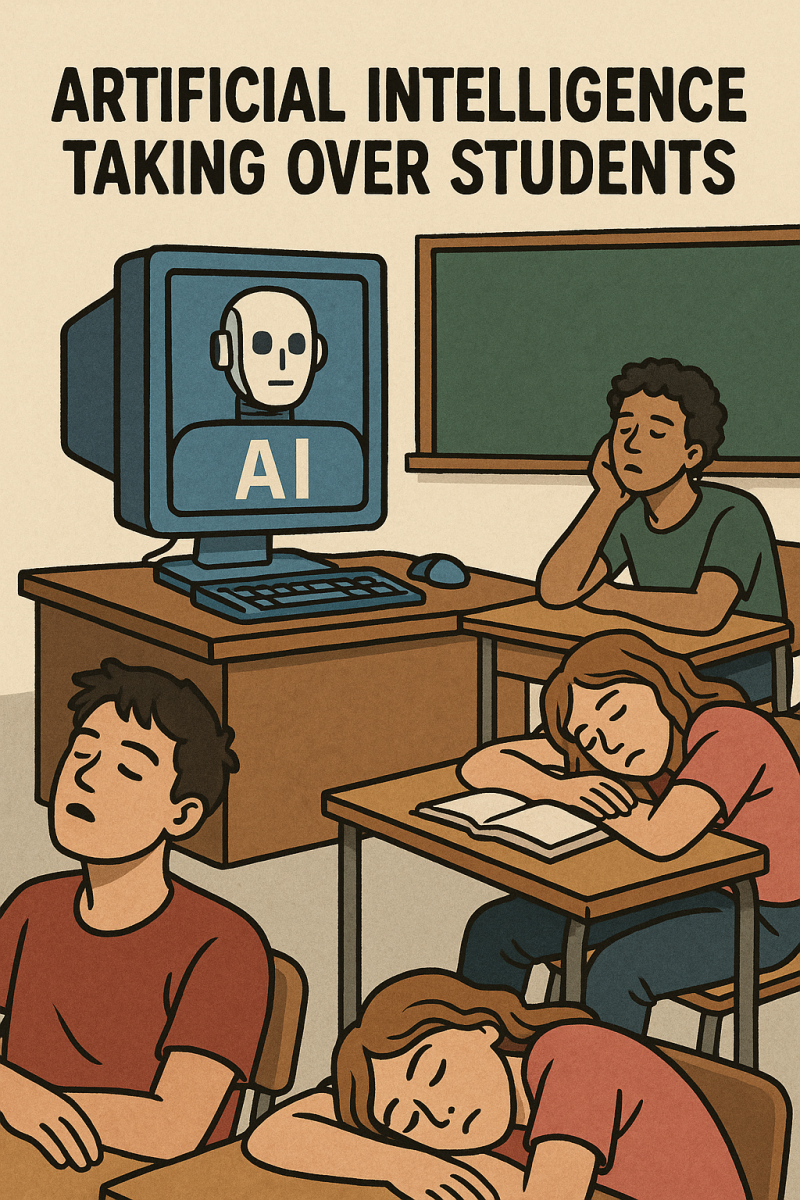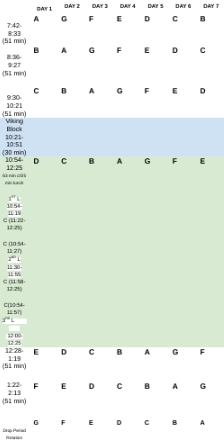In today’s rapidly changing job market, it’s becoming increasingly important for schools to equip students with the skills and knowledge needed to succeed in their careers. Students need to be taught skills beyond textbooks and exams as the education system falls short in providing career guidance.
Only some students are predestined or interested in attending a college and obtaining a degree. Even with that being said, high schools still tend to primarily focus on this path. Schools should do more acknowledging the diversity of students’ interests and to do that they need to provide students with a wider range of options that apply to their future paths.
Programs that focus more on careers, internships, and vocational training should be essential parts of the high school curriculum. Programs like the ones listed above could provide students with hands-on experiences and a better understanding of what a career they choose to pursue might entail. It could guide students by equipping them with the skills needed to succeed in their chosen workforce.
According to the 2021 Future of Learning Research Survey, “Career prep and development provides a lot of benefits for high school students, businesses, and non-profit organizations. In fact, 89% of employers are more likely to hire high school graduates if the students learned more real-world skills.”
While academic knowledge is important, it is high time our schools put more emphasis on career preparation. This would ensure that students are not just academically competent, but also career-ready.
With all of this said, there are still many people who will argue that high schools should focus on providing students strictly with ample education rather than career-specific teaching. They feel as though the purpose of high school is to create a strong academic foundation and career teaching should be taught in higher education or vocational schools. This is being driven by the Department of Elementary and Secondary Education (DESE) by continuing to spend millions of dollars on state testing.
In the 1990’s, DESE instituted mandatory state testing for all public high schools. Students’ ability to graduate and state funding are all tied to these scores. According to the DESE website, the reason why testing is so important is because “Statewide testing helps parents check their child’s and school’s progress and lets taxpayers know if they are getting a good return on the tax money they invest in schools.” It begins to explain how Massachusetts has the highest test scores in the country.
This led to schools teaching to the test because their “lives” depend on it. In schools across the state, many of the vocational-based classes were cut and high schools became obsessed with being college-ready. According to the YouthTruth survey, only 45% of high school students feel well-prepared for college and careers.
In August of 2023, Massachusetts’s largest teachers union voted to back a ballot measure that would be voted on by residents of Massachusetts that would eliminate the requirement for high school students to pass the MCAS to receive a high school diploma. This was a realization on teacher’s behalf that they need to teach their students more social-emotional skills and vocational training.
According to another survey that was conducted on December 12th, 2023 by Panorama Education, an education technology company founded in 2012 that helps students achieve academic success and well-being, found that “91% of adults across the U.S., both parents and non-parents alike, say that it is important for schools to focus on developing life skills to help students catch up academically.” It also mentions that life skills play a significant role in recruiting employees.
Ultimately, it’s been made clear that high schools have a significant role in shaping our future workforce. By expanding their curriculum to include career preparation, they wouldn’t just be equipping students with knowledge, but also the skills and experience they need to succeed in the path they choose to take. We should all advocate for improved education that values both academic achievement and career readiness.










